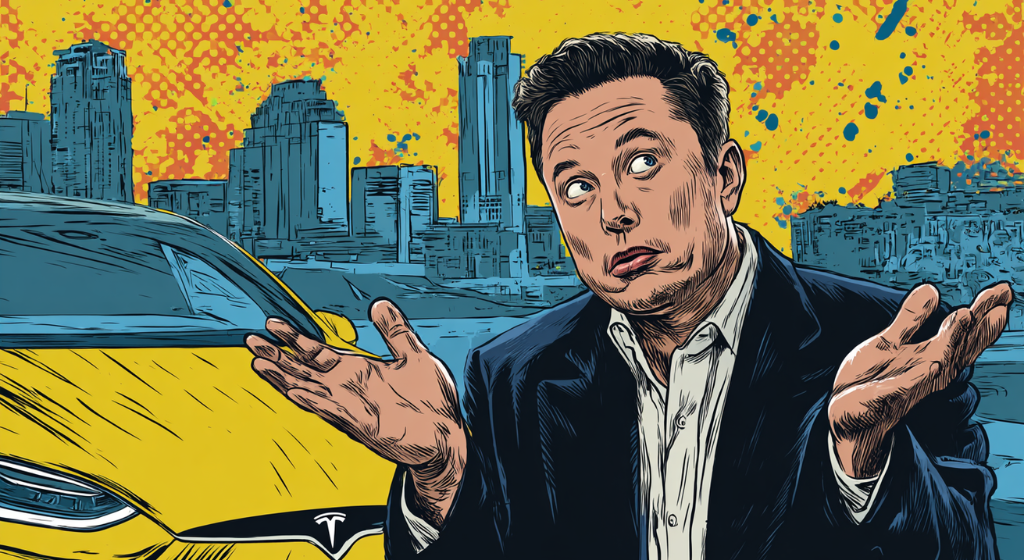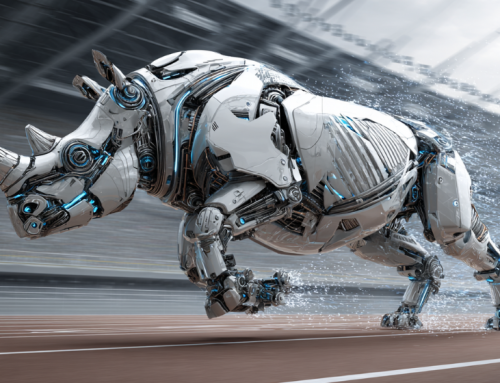
Waymo’s Tekedra Mawakana and Tesla’s Elon Musk embody opposing visions for driverless cars—deliberate safety and slow expansion versus bold promises and camera-only autonomy—setting the stage for a battle that could redefine mobility, jobs and safety worldwide. (Source: Image by RR)
Waymo Co-CEO Tekedra Mawakana Takes a Cautious Path to Autonomy
A clash of visions is unfolding on the streets of America, where Waymo and Tesla are racing to define the future of driverless cars. Tekedra Mawakana, co-CEO of Waymo, oversees the largest autonomous taxi fleet in the United States, logging more than 250,000 paid rides per week across cities like Phoenix, Austin, Los Angeles and San Francisco. Musk, as noted in vanityfair.com, has relaunched his long-promised Tesla robotaxi service with a small 20-car trial in Austin, despite failing to deliver on earlier pledges of “a million robotaxis” by 2020. The difference between the two leaders is stark: Waymo has built its credibility on gradual, safety-focused deployment, while Musk doubles down on speed, hype and promises of software-driven breakthroughs.
Mawakana’s cautious strategy is a direct foil to Musk’s “move fast and break things” mentality. Waymo vehicles are outfitted with 29 cameras, lidar, radar and advanced sensors, making them significantly more expensive than Teslas but also demonstrably safer. Tesla’s Full Self-Driving program, reliant on cameras and AI alone, has been linked to hundreds of crashes and several fatalities. Waymo, by contrast, claims zero deaths across 71 million driverless miles and publishes peer-reviewed safety data, though outside experts caution that more transparency is needed. The contrasting track records highlight the broader debate in the industry: is autonomy better served by deliberate mapping and layered safety, or by rapid iteration and market dominance?
The stakes extend well beyond technology into economics, politics, and culture. Waymo is still a financial sinkhole—reporting $75 million in revenue against $1.12 billion in losses—while Tesla commands nearly $100 billion in annual sales. Critics warn that mass deployment of robotaxis could eliminate millions of driving jobs, from truckers to rideshare drivers, exacerbating social tensions. Labor leaders are already fighting bills in California to require human operators in commercial vehicles, while Waymo has spent millions lobbying for robocar-friendly laws. Meanwhile, Mawakana’s position as one of the few Black female CEOs in Silicon Valley adds another dimension: she has leaned on alliances with advocacy groups like Mothers Against Drunk Driving and the Foundation for Blind Children to argue that autonomy can expand safety and accessibility.
Despite cultural contrasts—Mawakana’s understated, policy-driven style versus Musk’s brash, online persona—both are betting on robotaxis as the beachhead for reshaping global transportation. Waymo continues expanding into cities like Atlanta, Miami, and Washington, D.C., while Tesla cautiously rolls out restricted robotaxi pilots. The race will ultimately determine whether cities are defined by fleets of carefully managed Waymo vehicles or by Musk’s vision of camera-only autonomy at scale. For now, Mawakana holds a lead in miles, rides, and safety credibility, while Musk commands unmatched financial power and brand influence. The question is not just who wins, but how the battle reshapes mobility, jobs, and safety for millions worldwide.
read more at vanityfair.com







Leave A Comment